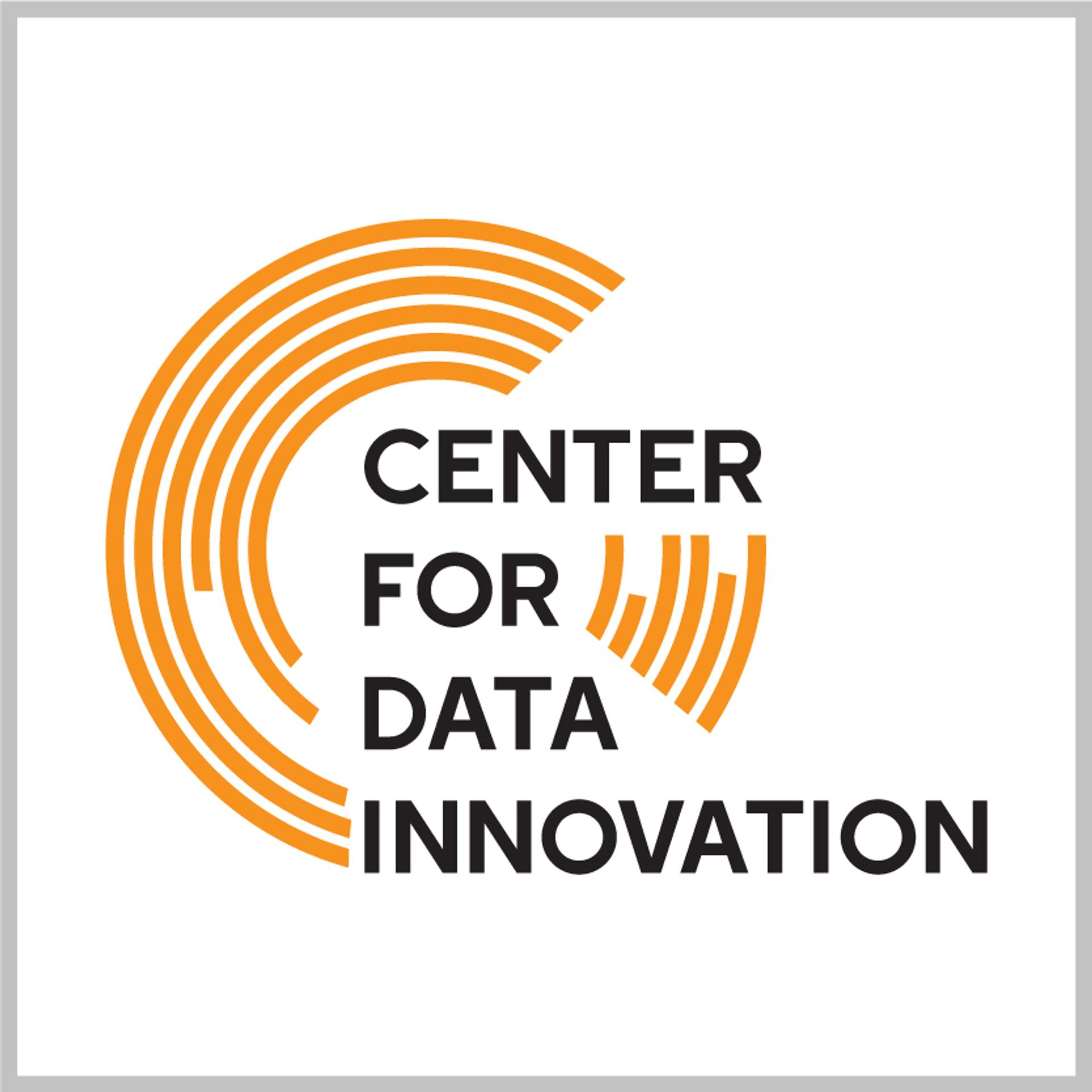How Is the Federal Government Using the Internet of Things?
There are many opportunities for federal agencies to use the Internet of Things, but adoption is low and will remain so unless important changes are made to encourage adoption across the federal government.
The Internet of Things (IoT)—a term used to describe the set of physical objects embedded with sensors or actuators and connected to a network—offers numerous opportunities for the federal government to cut costs and improve citizen services. Moreover, because the Internet of Things generates positive network externalities, widespread adoption by the government will spur commercial adoption. While early adopters in the federal government have already demonstrated the potential of this technology with projects that improve public safety, reduce energy use, enhance military capabilities, and improve worker health, overall adoption across federal agencies is still very low.
The federal government faces a number of challenges that have slowed the adoption of the Internet of Things in the public sector. First, there is a lack of strategic leadership at the federal level about how to make use of the Internet of Things. Second, federal agencies do not always have workers with the necessary technical skills to effectively use data generated by the Internet of Things. Third, federal agencies do not have sufficient funding to modernize their IT infrastructure and begin implementing IoT pilot projects. Fourth, even when funding exists, federal procurement policies often make it difficult for agencies to quickly and easily adopt the technology. Finally, risks and uncertainty—about privacy, security, interoperability, and return on investment—delay federal adoption as potential federal users wait for the technology to mature and others to adopt first.
The federal government should make a number of reforms to address these challenges:
- The Federal CIO Council should establish an IoT taskforce to provide much needed cross-government leadership and coordination to support adoption and deployment of this technology.
- Each federal agency should develop an IoT action plan to identify how it will use IoT solutions to cut costs and improve services.
- Agencies should employ a chief data officer to ensure that they establish the necessary technical infrastructure to make effective use of data generated by the Internet of Things.
- GSA should establish an “IoT Corps”—a team of government employees who can be assigned to work on high-impact IoT projects for the government.
There are also a number of steps that the federal government can take to support the broader development of the Internet of Things. Federal agencies should:
- Fund and support large-scale state and local IoT pilot projects.
- Engage with the private sector to encourage industry-led voluntary standards and best practices to improve privacy, security, and interoperability.
- Expand R&D funding for key technologies that support the development of the Internet of Things.
This report concludes that adoption of the Internet of Things will likely remain low across the federal government unless changes are made to encourage adoption across federal agencies.


